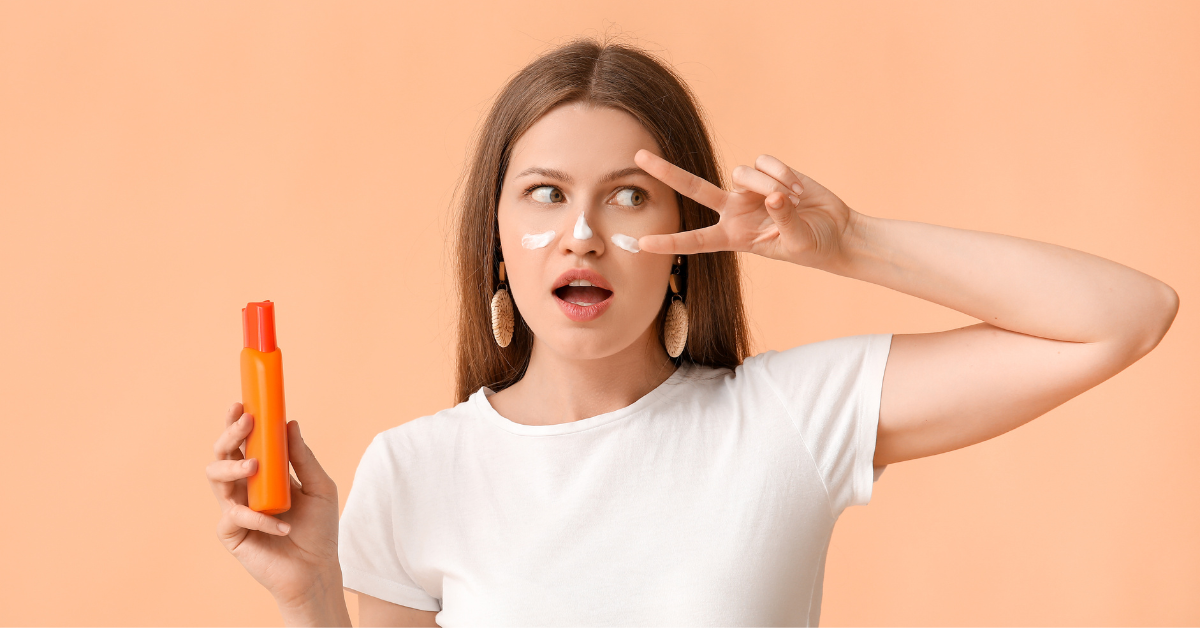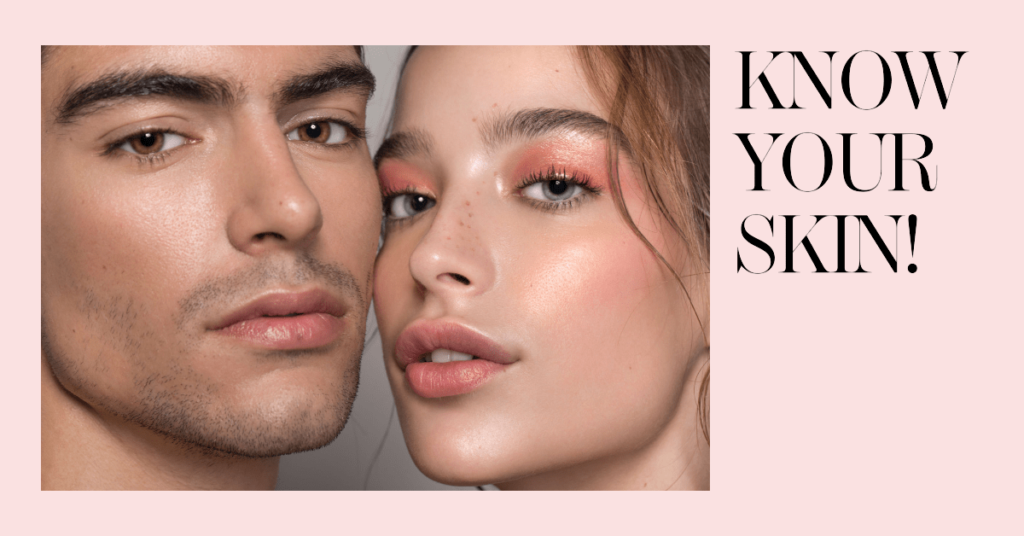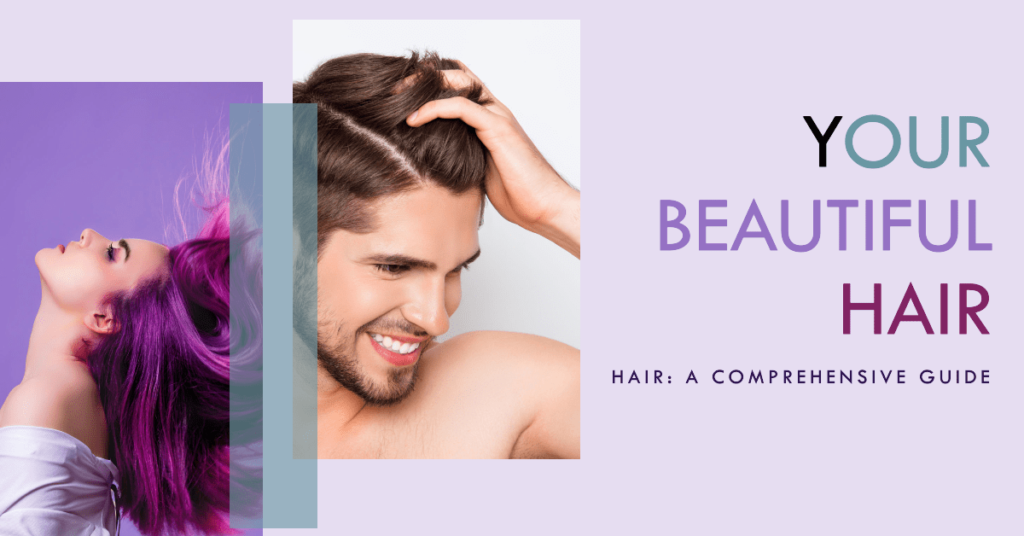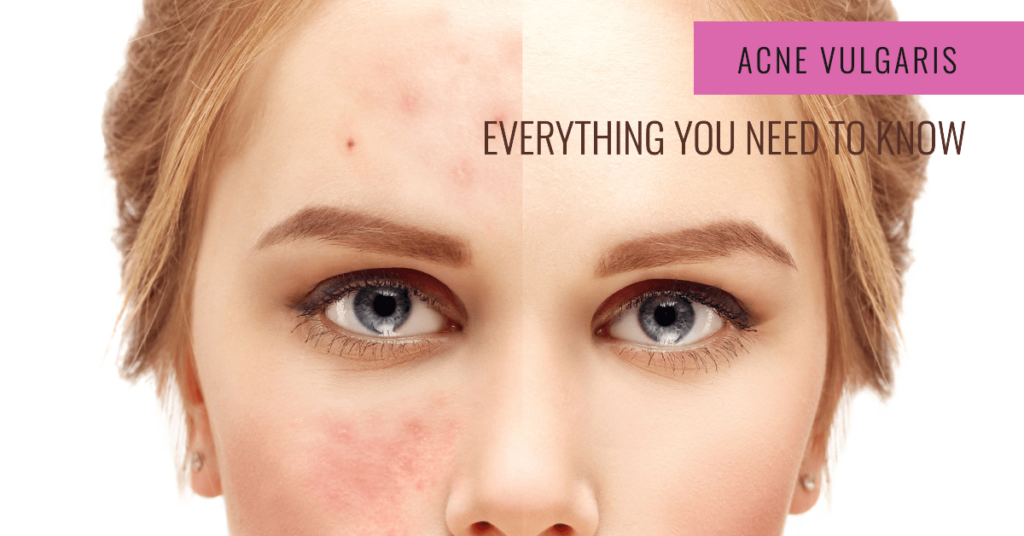Sunscreen is first thing that comes to our mind when we think of protecting our skin from the sun and, we usually believe that the higher SPF provide better protection but, is that really the case? We’ll find that out in a minute.
Choosing a right Sunscreen, with the right SPF, for the right skin type greatly contribute to overall protection of your skin from UV Rays. Not only sun can negatively affect your skin which may result into skin aging, hyperpigmentation and acne etc. but also can become the cause of skin cancer.
Understanding UV Radiation To Better Protect Your Skin
To scratch the surface, sun emits UV Radiation such as UVA, UVB and UVC which cause damage to your skin If it comes in contact with these radiations. These lights are of the shorter wavelength as compared to visible light and shorter the wavelength, more harmful effects of these radiations on your skin. Here is a brief comparison.
UVA: Less Skin Damage
- Accounts for 95% of the UV radiation that reaches the surface of the earth.
- It can pass through ozone layer, clouds and your window glasses.
- It can penetrate your skin deeply.
- Responsible for photoaging, tanning, carcinogenesis and burning etc.
UVB: Medium Skin Damage
- Accounts for 5% of the UV radiation that reaches the surface of the earth.
- It can pass through ozone layer, clouds and but not your window glasses.
- Does not get absorbed into the Skin as UVA.
- Particularly responsible for tanning and burning.
UVC: High Skin Damage
- Accounts for 5% of the UV radiation that reaches the surface of the earth.
- Does not get absorbed into the Skin deeply.
- Mosly absorbed by the atmosphere and ozone layer.
Understanding The Sun Protecting Factor (SPF)
The SPF simply measures the ability of a sunscreen to prevent UV radiation from damaging the skin. Usually, Higher SPF Provide Better Protection however, the difference is marginal.
- SPF 15: Provides 93% protection.
- SPF 30: Provides 97% protection.
- SPF 50: Provides 98% protection.
- SPF 100: Provides 99% protection.
As you can see, there’s a big difference in protection from SPF 15 to SPF 30 and then it becomes marginal as you move further with the higher SPFs.
What Determines the SPF In Your Sunscreen?
Technically, SPF in your sunscreen is mainly determined by two factors.
- UV Absorbers
These are the active ingredients in your sunscreen known as UVB Absorbers such as oxybenzone, avobenzone, octisalate, octocrylene, homosalate, and octinoxate etc. These chemicals absorb and dissipate UVB radiation before it even penetrates the skin and causes damage.
The type of absorber used in your sunscreen directly affects its ability to protects your skin against sun damage. Some of these absorbers are better at protecting you from UVA while other from UVB. However, it’s wise to go with the sunscreen with broad spectrum protection which offer protection from both UVA and UVB.
- Concentration
It is assumed that higher the concentration of these absorbers in your sunscreen, better the protection however, that’s not always true. The concentration of these absorbers are carefully optimized in lab and with controlled studies and testing.
What To Look For While Choosing A Sunscreen?
From ingredients to skin type and the type of formulation, there are various aspects which you should look at while adding a sunscreen to your bucket. Few of the important factors which can make the decision easy are discussed below.
Consider Your Own Skin Type
Before you look for other factors, make sure you take into account your own skin type while choosing a sunscreen.
- If you have Dry Skin Type, choose a sunscreen with ingredients such as hyaluronic acid, aloe vera, or glycerin etc. along with the main active ingredients. This will keep your skin hydrated and moist while keeping you away from many skin related concerns.
- If you have Sensitive Skin Type, you should look for naturally occurring minerals like zinc oxide and titanium dioxide which is less likely to cause any irritation and will keep your skin protected from the sun.
- If you have a Acne Prone Skin Type, focus on getting a sunscreen that contains non comedogenic ingredients like zinc oxide and titanium dioxide which can make it less likely to appear acne on your skin and you can have a clear skin like Koreans.
Ensure The Broad Spectrum Protection of Your Sunscreen
In a sunscreen, having a broad spectrum protection means that the sunscreen can protect your skin from multiple UV radiations such as UVA and UVB etc. But how do you ensure that your sunscreen offer broad spectrum protection. There majorly two practical ways to ensure this.
Read the label. If it says that the sunscreen offer broad spectrum protection then, it most likely does. Because, usually what claim goes on a label, is defined by a governing body.
You can again read the label but this time, instead of looking for the claim, check the list of ingredients, a broad spectrum sunscreen will contain a combination of these ingredients.
- UVA Protection: Avobenzone, ecamsule, zinc oxide, titanium dioxide.
- UVB Protection: Homosalate, octinoxate, octocrylene, octisalate.
Check The Sun Protecting Factor (SPF) Of Your Sunscreen
As explained above, higher SPF does not always offer better protection therefore, it does not really matter what SPF you use on your skin after SPF 30. If your pockets are deep, you can go for as high as 100 SPF if that exist in the market however if not, SPF 30 is all that you need. Because above that, there’s only minor improvement in protection.
Type Of Formulation Of Your Sunscreen
While a cream based sunscreen would go well for dry skin as it can also act as moisturizer, sprays can provide convenience in reapplication and the gels are good for areas with hair like scalp etc.
Ability Of The Sunscreen To Survive In Water
Usually, sunscreen after shower is not that common however, if you are one those people who like to swim or sweat a lot, it’s good idea to go for water resistant sunscreen.
Conclusion
SPF is important to protect your skin from UV damage and it’s even more important to choose the right sunscreen, with the right SPF and for the right skin type. Usually, higher SPF provide better protection however, as seen above, the difference after SPF 30 becomes marginal in its ability to protect.
In short, you can take into account the various aspects discussed above which can definitely help you choose the right sunscreen. However, if you still have any doubt or a suggestion, feel free to drop a text via our contact page.




